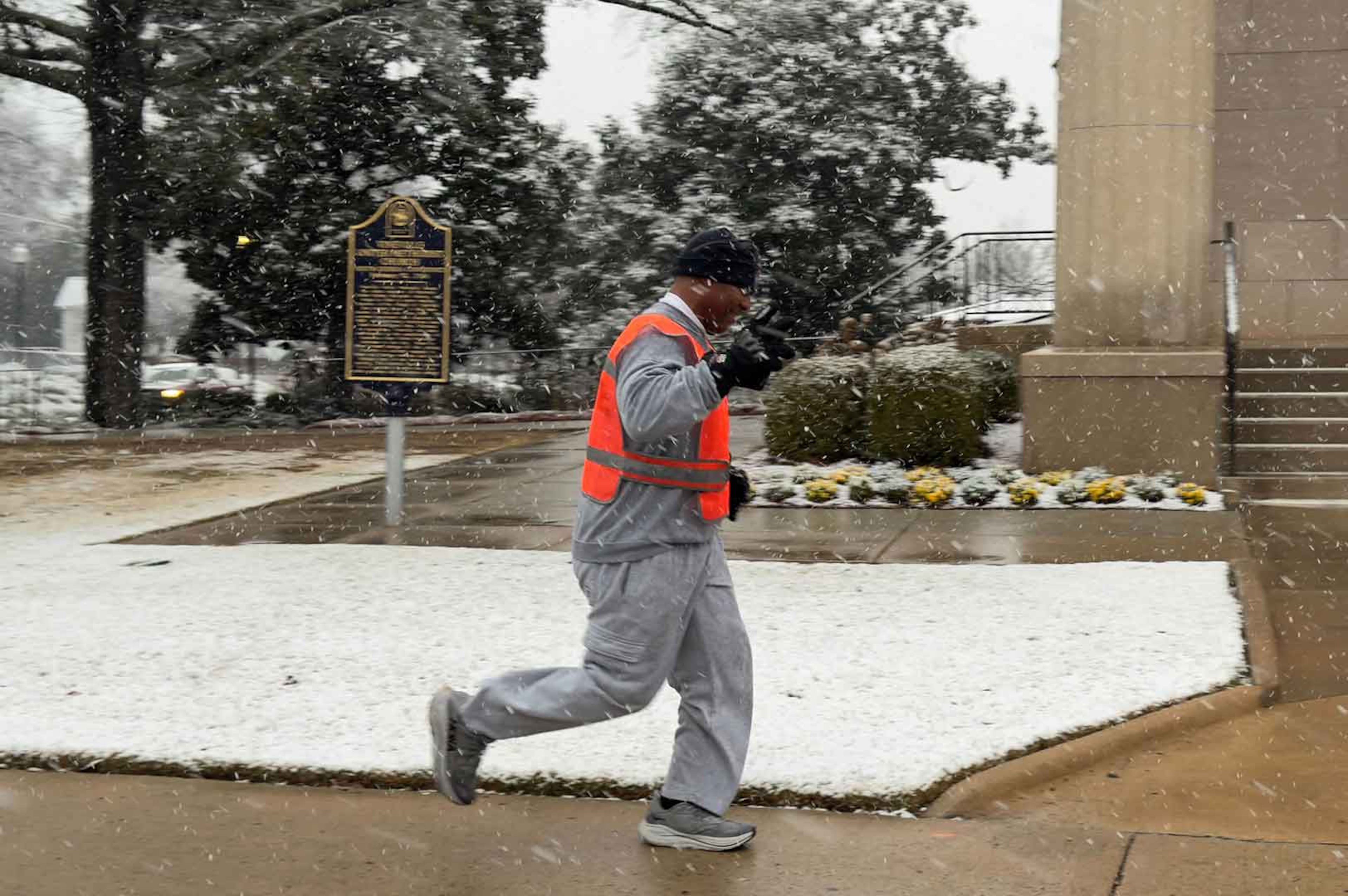Possible plague case in Georgia
State and federal health officials are investigating a possible case of plague in a person who may have been infected while hiking in California.
Testing is being done by the Georgia Public Health Laboratory and the U.S. Centers for Disease Control and Prevention. GPHL tests are positive for plague; now test results from the CDC are awaited.
The person traveled the first week of August and returned to Georgia last week. No additional information is being released on the patient.
The person is hospitalized and being treated with antibiotics, which have proved to be effective against the disease, and is expected to make a full recovery.
Prior to 2015, the last reported cases of human plague in California occurred in 2005 and 2006 in Mono, Los Angeles and Kern counties and all three patients survived following treatment with antibiotics.
The CDC reports that the nation has about seven annual cases, most of which have been in the bubonic form, according to CNN.
Symptoms of plague usually appear two to six days after a bite and may include high fever, chills, nausea, weakness and swollen lymph nodes in the neck, armpit or groin. It does not require isolation.
"The disease isn't endemic to Georgia," said Georgia Department of Public Health spokeswoman Nancy Nydam. "Plague is found in the Western states in rodent fleas. This is the first recorded case of plague in Georgia and the individual was infected while traveling in California."
She said officials want people to be aware, given the amount of traveling they do.
The plague is an infectious bacterial disease that is carried by the fleas of squirrels, chipmunks and other wild rodents and their fleas. Infected rodent fleas can carry the infection to other warm-blooded animals including humans.
Currently, there is an investigation into plague-infected animals in Yosemite National Park, Sierra National Forest and surrounding areas. Preventive measures are being taken to reduce the risk of transmission.
People usually get plague after being bitten by a rodent flea that is carrying the plague bacterium or by handling an animal infected with plague. It’s rare to have human to human transmission..
Experts offer these tips to protect yourself:
• Never feed squirrels, chipmunks or other rodents and never touch sick or dead rodents.
• Avoid walking or camping near rodent burrows.
• Wear long pants tucked into socks or boot tops to reduce exposure to fleas.


